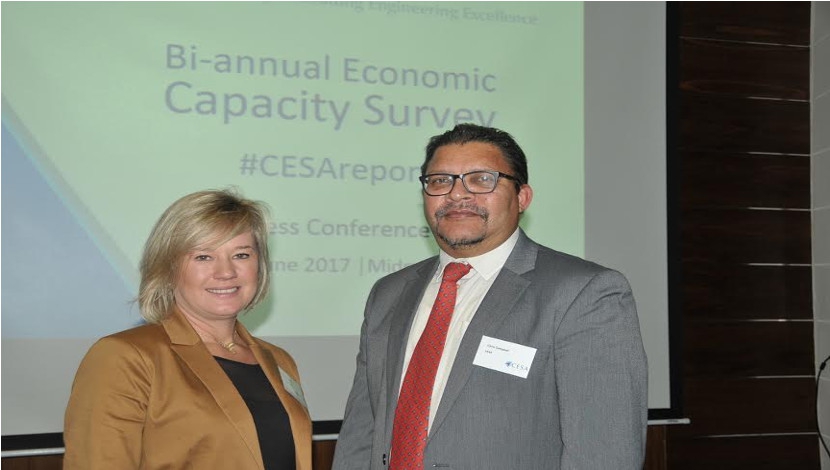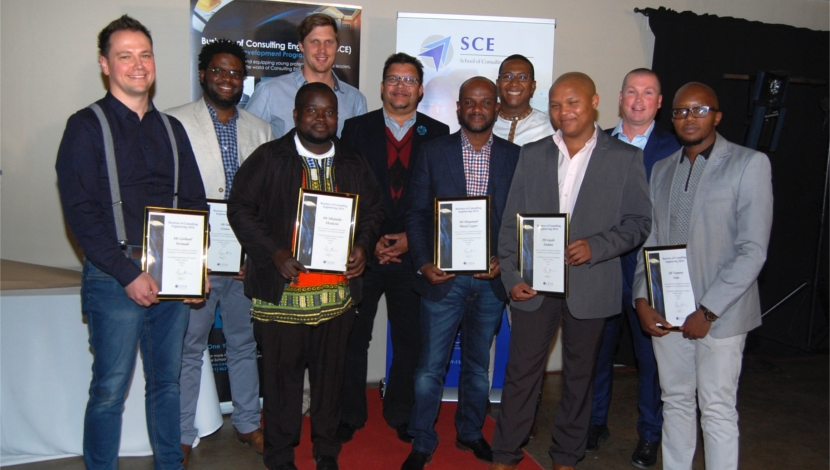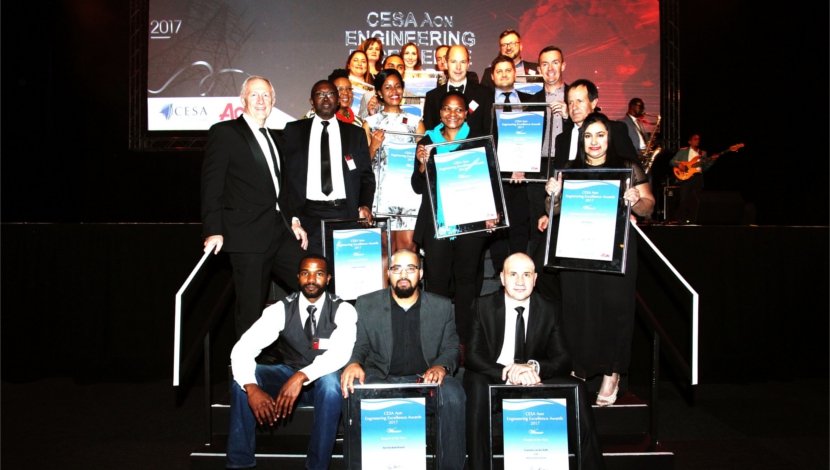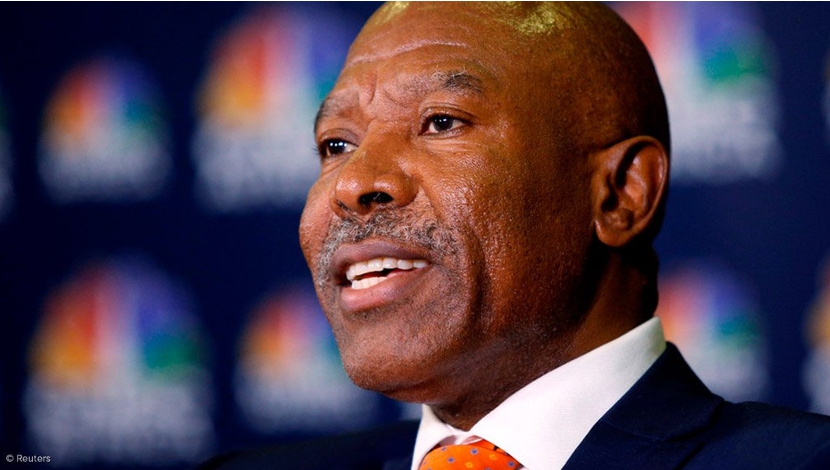

Barely missing a recession, South Africa saw its slowest economic growth rate in 2016 since the 2009 recession, when economic growth contracted, according to Consulting Engineers South Africa’s (Cesa’s) Biannual Economic and Capacity Survey (Becs) for July to December 2016.
Taking the first quarter of 2017 into account a technical recession has now been recorded.
Released on Wednesday, the 2016 survey indicates that earnings reached an upper turning point with a softer growth outlook in the medium term.
“Growth was well below government expectations and therefore has a significant impact on expected revenue collection and expenditure plans,” noted economist Elsie Snyman, who spoke at the survey’s release in Midrand, Gauteng.
Business confidence remained weak in the first quarter of 2017, with political turmoil and instability weighing heavily on the South African economy and business sentiment.
“All economic indicators currently suggest that investment in relation to GDP is likely to slow over the medium term, owing to slower government spending, financial constraints experienced by State-owned entities and continued weak private-sector confidence,” Snyman said.
Cesa CEO Chris Campbell noted that business confidence levels need to be restored to encourage higher levels of investment and to “kick-start the beleaguered South African economy”.
Campbell said that service delivery, especially at a municipal level, remained a critical issue and that the consulting engineering industry was threatened by incapacitated local and provincial governments.
Snyman said the appointment of black executive staff, measured by the contribution of black executive directors, nonexecutive directors, members and partners as a percentage of total executive staff, increased to 45.7% from 40.8% and 39.5% in the previous two surveys.
“Appointment of black executive staff has steadily increased from 28.1% in the June 2012 survey,” she said.
Confidence levels among member firms had deteriorated over the last few years, alongside modest increases in fee earnings.
There was some improvement since the December 2015 survey, when confidence levels fell to their lowest levels in 16 years, with the net satisfaction rate improving to 87.5% in the last six months of 2016, from 75% in the June 2016 survey.
“It remains to be seen whether the recovery in confidence levels will filter through to stronger growth in earnings, considering the more moderate outlook on profitability, as well as the drop in the order book to income ratios in the current survey,” Snyman noted.
Gross fixed capital formation fell by 3.9% in 2016, the first contraction since 2009 and 2010.
“Investment was negatively affected by a slowdown in government investment, from an increase of 13.4% in 2015 to 1.1% in 2016,” said Snyman. This was exacerbated by further contraction in State-owned company expenditure and a sharp decline in private-sector investment, which fell by 6% in 2016.
Payment remains a serious issue, as it has a broad-based effect on firms operating in the industry.
“It is estimated that around R6-billion in earnings is currently outstanding,” Snyman added, highlighting that, after having shown some improvement in the December 2015 survey, the percentage of fees outstanding for over 90 days as a percentage of total estimated income deteriorated to an average of 25% in the first six months of 2016, the highest recorded level since 1999.
Unrealistic tendering fees remain a concern for members, while the extended time it takes to finalise a proposal is affecting profitability in the industry.
“Unlocking greater private-sector participation is a critical element to fast-tracking delivery, which will support engineering fees and, as such, engineering development in the industry,” she said.





